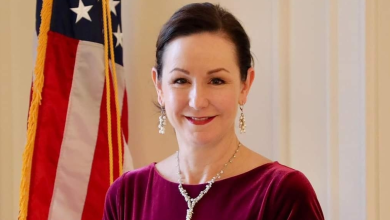ZRP Intensifies Festive Season Measures: Crackdown on Underage Drinking and Smuggling

As Zimbabwe enters the festive season, the Zimbabwe Republic Police (ZRP) has announced stringent measures to maintain law and order. Police Commissioner-General Godwin Tandabantu Matanga has issued stern warnings against underage alcohol consumption, unlicensed liquor outlets, and smuggling activities.
Crackdown on Underage Drinking
Commissioner-General Matanga expressed concern over the increasing incidents of minors consuming alcohol during festive celebrations. He cautioned parents and guardians against permitting such behavior, emphasizing that it is both illegal and harmful. “May I take this opportunity to strongly warn parents and guardians who allow minors, under the guise of merry-making, to partake in beer drinking orgies,” he stated.
Enforcement of Liquor Laws
The ZRP has observed that some liquor outlets are operating beyond their stipulated hours and serving alcohol to minors, in violation of the Liquor Act [Chapter 14:12]. Commissioner-General Matanga warned that such establishments would face legal consequences. “The Zimbabwe Republic Police has taken note of reports of liquor outlets… operating outside their stipulated opening and closing times,” he noted. “Arrests will be effected, and the law will certainly take its course.”
Heightened Road Safety Measures
In a bid to reduce road traffic accidents, the ZRP has increased deployments, including roadblocks, traffic blitzes, and patrols. More than 50 roadblocks have been established on major highways to monitor compliance with traffic regulations. Officers from various agencies, including the Vehicle Inspection Department and the Traffic Safety Council of Zimbabwe, are conducting thorough inspections of public service vehicles to ensure roadworthiness and adherence to safety standards.
Anti-Smuggling Operations
The ZRP has also intensified efforts to combat smuggling activities during the festive season. Commissioner-General Matanga urged individuals and institutions involved in import and export activities to declare goods officially at the country’s ports of entry and exit. He warned that the law would take its course against transporters and individuals engaging in smuggling.
Public Advisory
The public is advised to avoid boarding non-public service vehicles, crossing flooded rivers and bridges, and carrying large sums of money to mitigate risks of accidents and robberies. The ZRP has also cautioned against the use of fireworks without notifying the police, as this may disturb public safety.
These measures aim to ensure a safe and secure environment for all citizens during the festive season. The ZRP encourages the public to cooperate with law enforcement officers and adhere to the country’s laws and regulations.




